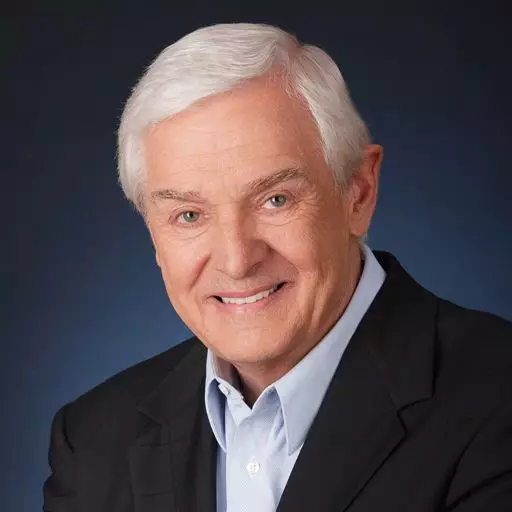Everything has a history—even sweaters. These age-old garments go back to the beginning of the invention of knitting, when two needles first hooked up with a ball of yarn and produced a woolen garment with two arms, a hole for the neck, and a warm cocoon for the chest. The traditional points of origin were the English Channel Islands of Guernsey and Jersey; and many of the first such garments were used by rowers and other athletes to keep them warm during cold-weather competitions.
The history of sweaters got a boost during the Crimean War when a rather contemptible British aristocrat named James Brudenell led the Charge of the Light Brigade at the Battle of Balaclava. Lord Brudenell clothed his men in button-up, long-sleeved, knitted jackets. You can thank him whenever you don your cardigan sweater.
As time went by, sweaters grew beyond soldiers and athletes. In the 1920s, Scottish manufacturers began producing fashionable garments made of cashmere, an exclusive wool from the fur of the Kashmir goat, typically found in China, Mongolia, Afghanistan, and Iran.
Whether they’re ugly or beautiful, scarves, sweaters, mittens, and hats are some of the most popular homemade and store-bought gifts of the season; and all it takes are two needles, a ball of yarn, and some well-placed knots. The word knit actually comes from knot, and it refers to the strong binding of threads.
The word knit also occurs in the Bible. The patriarch Job said God knits us together in our mother’s womb (Job 10:11). And the books of Ephesians and Colossians talk about how the whole body of the Church is “knit together” (Ephesians 4:16; Colossians 2:2, 19).
I’m also reminded of Hosea 11:4, where the Lord said of Israel: “I drew them with gentle cords, with bands of love.” When God sent Jesus to this world to die on the cross, He was knitting our hearts together with His, drawing us with threads of grace, and weaving our lives into a tapestry for His glory. His sufficiency becomes intertwined with our need, and our earthly lives become cross-stitched with His eternal purpose.
That’s the essence of Christmas; and as Christians, we should look past our church celebrations and pageants to see those in the world who may not know Christ. The mission of the Baby—Jesus dying for our sins—knits us together with Him, and that’s the only hope for every single soul in the world. The apostle Paul was compelled by the love of Christ to share the Gospel with everyone. What better time than Christmas to cultivate a similar burden? This year, ask yourself: Who around me needs to feel the warmth of the Savior’s love and the shelter of Christian community?
The miracle of Christmas is the mystery of God’s finding us, tracking us down, and reuniting us to Himself. How wonderful that He lets us be part of the process of finding others and bringing them to Himself. We can be instruments in His hands as He seeks to draw others with cords of love.
One of the best ways of becoming evangelistically useful is by developing a prayer list for unsaved people you know. Think of those who prayed for you before your conversion to Christ. Somehow God uses the prayers of His people to draw others to Christ. In your prayer notebook, the flyleaf of your Bible, or on one of your electronic note pages, create a daily list of those needing Christ. Ask the Lord to incline their hearts toward Him, to convict them of sin, and to draw them to Christ.
Consider giving Christmas gifts containing the Gospel—Bibles, good Bible-based books, pictures and plaques with verses of Scripture, or homemade gifts with attached labels with appropriate verses.
And don’t forget those in need. Volunteer at a soup kitchen, provide groceries for a hungry family, visit a nursing home, or even use your Christmas break to go on a mission trip.
Don’t simply focus on the “what” of Christmas, but on the “who”—on the spiritual needs of others. And be patient. Most sweaters aren’t made in a day; it takes time, patience, and many clicks of the needles. Knitting is a slow process. But it’s a symbol of how patiently the Lord knits our hearts to His as we increasingly learn what it means that unto us is born this day in the City of David a Savior, who is Christ the Lord.
Dr. Jeremiah is the founder and host of Turning Point for God and senior pastor of Shadow Mountain Community Church in El Cajon, California.
For more information on Turning Point, go to www.DavidJeremiah.org.



